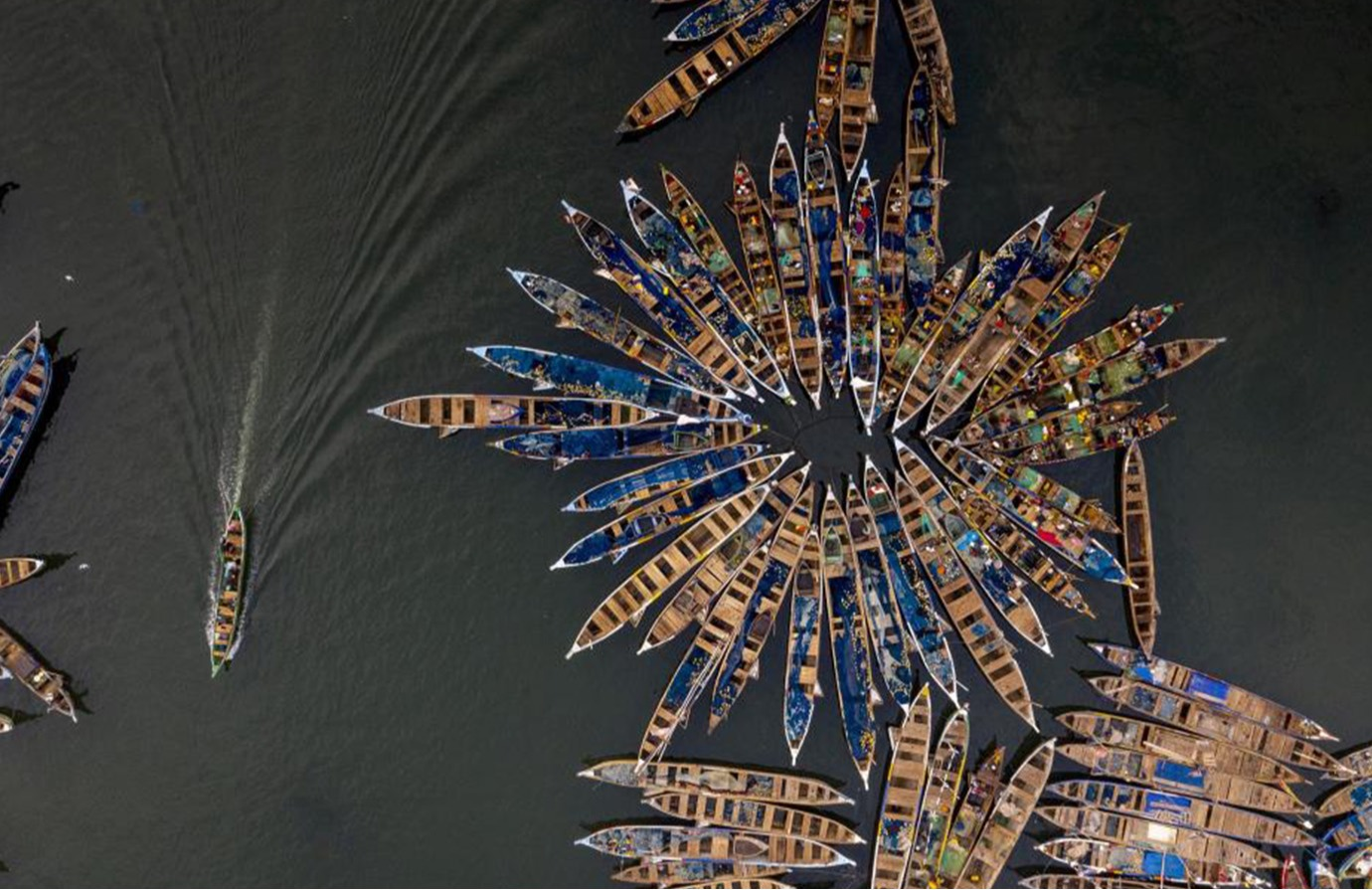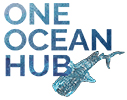Topic outline
This five-lesson course provides guidance on how to assess existing legal and policy frameworks for fisheries in a specific country, explains how to legislate for small-scale fisheries, and outlines the main components of small-scale fisheries-specific legislation. It aims at helping professionals engaged in dialogue on policy and legislation processes and actions at all levels relating to small-scale fisheries, as well as at academic institutions and members of the general public interested in the subject.



This e-learning course is intended for professionals involved in small-scale fisheries legislation, and is particularly relevant for:
- Members of legislative bodies of states and policymakers.
- Judicial authorities and individual national legislators.
- Members of local and national governments involved in fisheries legislation.
- Civil Society Organizations (CSOs) working with fishing communities.
- Small-scale fishing communities.
- Researchers and academics.
- The importance of the Voluntary Guidelines for Securing Sustainable Small-scale Fisheries in the context of Food Security and Poverty Eradication (SSF Guidelines), the SSF Policy and Legal Diagnostic Tool and the SSF legislative guide.
- The key instruments that compose the international framework applicable to small-scale fisheries, including international fisheries-related, human rights-based, and environmental instruments.
- How to assess existing legal and policy frameworks for fisheries in a specific country with respect to the requirements of the SSF guidelines.
- How to assess whether a specific country needs an amendment or enacting of specific SSF legislation.
- The main components of small-scale fisheries legislation.
The course consists of 5 lessons:
- Lesson 1 – The SSF Guidelines and FAO’s additional policy and legal guidance
- Lesson 2 – International framework for small-scale fisheries
- Lesson 3 – Assessing relevant national legal and policy frameworks
- Lesson 4 – Legislating for small-scale fisheries: Elements of legislation
- Lesson 5 – Key elements of national policy and legal frameworks
This course runs on the latest versions of the major browsers, such as Google Chrome, Microsoft Edge, Mozilla Firefox and Apple Safari.
The course opens in a separate popup window. If this does not happen, a popup blocker in the browser is probably preventing it from opening and you will need to disable popup blockers for this site. Please read the following instructions on how to do this.
Digital certification
This course offers certification. You will get your digital badge upon passing a final exam after completing the course and achieving a grade of at least 75%. Please click on the button below to complete the exam, or refer to our Certification section to learn more.
Evaluate this course
We would be pleased to receive your evaluation of this course, to support us in improving future e-learning courses. Please click on the button below to answer the questions in the form. It should only take you a few minutes!
Partners
This course is the result of a collaboration between Equitable Livelihoods team of the Food and Agriculture Organization of the United Nations (FAO) Fisheries and Aquaculture Division, One Ocean Hub, the Development Law Service of the FAO Legal Office, Coastal Fisheries Initiative (CFI) programme, and FAO eLearning Academy.

